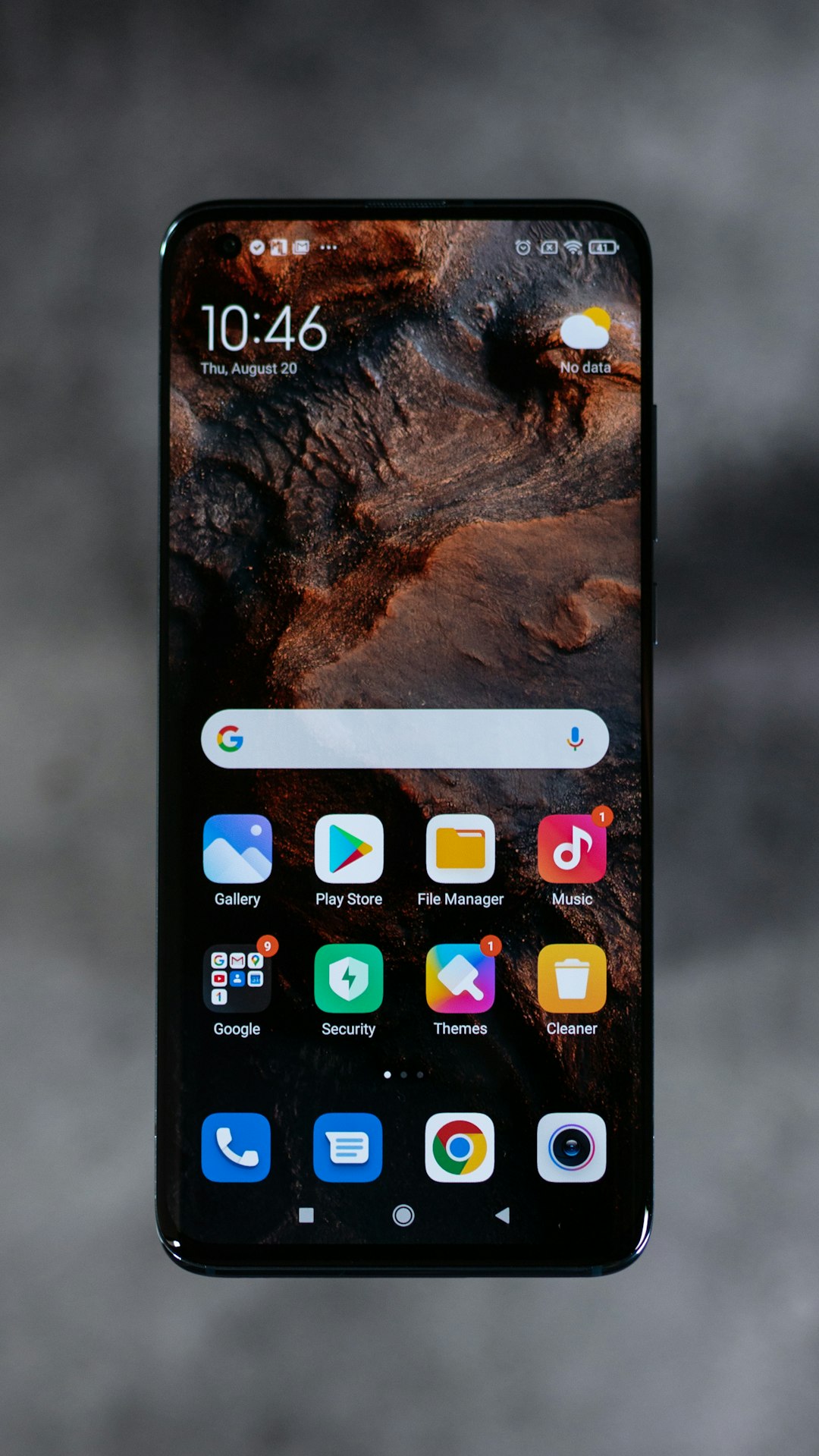In Georgia, both state and federal laws, including the Telephone Consumer Protection Act (TCPA) and local regulations, protect residents from unwanted telemarketing calls. As a growing issue in the digital era, unsolicited phone calls, robocalls, and text message spam are considered privacy invasions. Unwanted call lawyers in Georgia assist consumers with their legal rights and help businesses adhere to fair marketing practices. The state's Consumer Protection Act prohibits deceptive tactics, automatic dialing, and prerecorded messages without consent. Businesses that respect do-not-call requests, obtain explicit consent, and maintain transparent communication can contribute positively to the state's economy while ensuring consumer satisfaction.
“In the dynamic landscape of modern business, telemarketing plays a pivotal role in shaping Georgia’s economy. This article delves into the intricate web of telemarketing practices, laws, and their profound implications on both businesses and consumers. From navigating the prevalence of unwanted calls to exploring the economic benefits and challenges, we offer a comprehensive legal perspective.
Key topics include understanding telemarketing regulations, consumer protection rights, and best practices for marketers. Moreover, we examine how these factors influence Georgia’s business environment, with a focus on minimizing the impact of unwanted call lawyers in the state.”
Telemarketing Laws and Regulations in Georgia: A Legal Perspective

In Georgia, telemarketing is regulated by both state and federal laws, primarily designed to protect consumers from unwanted calls. The Telephone Consumer Protection Act (TCPA) at the federal level sets guidelines on how businesses can contact consumers by phone, including restrictions on automated calls and prerecorded messages without prior explicit consent.
At the state level, Georgia has its own regulations that complement the TCPA. These laws empower consumers to take action against telemarketers who violate their rights. If you’ve received unwanted calls from a telemarketer, consulting with an unwanted call lawyer in Georgia can help you understand your legal options and protect your rights under these regulations.
Prevalence and Types of Unwanted Telemarketing Calls

In today’s digital age, unwanted telemarketing calls have become an increasingly pervasive issue for residents of Georgia. These calls, often characterized by repeated and unsolicited messages from sales representatives or debt collectors, can be a significant nuisance and invasion of privacy. Many Georgians find themselves on the receiving end of these calls daily, making it challenging to escape the relentless pursuit of commercial interests.
There are several types of unwanted telemarketing practices that have gained notoriety, including robocalls, live operators, and text message spam. Robocalls, automated phone calls that deliver pre-recorded messages, are particularly bothersome due to their high volume and lack of personalization. Moreover, some companies employ aggressive tactics, such as targeting individuals with pre-recorded offers or repeatedly calling those who have requested not to be contacted, leading to frustration and potential legal consequences for the offenders, especially when handled by an unwanted call lawyer Georgia.
Economic Impact: Benefits and Challenges for Georgia Businesses

Telemarketing, while often viewed as a double-edged sword, has had a profound impact on Georgia’s economy. On one hand, it offers significant benefits to local businesses, opening up new markets and providing efficient means of customer acquisition. Many small and medium-sized enterprises (SMEs) in Georgia have leveraged telemarketing to expand their reach, increase sales, and tap into a diverse customer base beyond their geographical limitations. This is especially true for industries like retail, financial services, and telecommunications, where proactive outreach through phone calls has proven effective in driving conversions.
However, the rise of telemarketing also presents challenges, particularly for consumers who often find themselves subjected to unwanted calls from salespeople or debt collectors. In Georgia, the presence of unscrupulous telemarketers and the prevalence of spam calls have prompted concerns among residents, leading to increased demand for legal protection against such practices. An unwanted call lawyer in Georgia plays a crucial role in addressing these issues by ensuring that businesses adhere to consumer protection laws, thereby fostering a fair and transparent telemarketing environment while safeguarding the interests of Georgians.
Consumer Protection and Rights in Georgia

In Georgia, consumer protection laws are in place to safeguard residents from aggressive or deceptive telemarketing practices. The Georgia Attorney General’s Office actively enforces these regulations, ensuring businesses adhere to fair and transparent marketing standards. Consumers have the right to refuse unsolicited calls and requests for personal information, and there are legal repercussions for companies that violate these rights. Should a consumer feel their rights have been infringed upon, they can seek assistance from a qualified unwanted call lawyer Georgia to navigate the legal process.
The state’s consumer protection act prohibits telemarketers from using deceptive or misleading tactics, such as pretending to be from a government agency or misrepresenting the purpose of the call. It also restricts the use of automatic dialing systems and prerecorded messages without prior consent. These measures aim to protect Georgia residents from unwanted intrusions into their personal spaces while ensuring fair business practices in the telemarketing sector.
Best Practices for Telemarketers to Ensure Compliance and Customer Satisfaction

Telemarketing, while a powerful tool for businesses, can be a double-edged sword if not executed ethically. To ensure compliance and maintain customer satisfaction in Georgia, telemarketers should adhere to best practices that respect consumer rights. This includes obtaining explicit consent before making calls, providing clear information about the purpose of the call, and heeding opt-out requests promptly.
Georgia laws, including those related to unwanted calls, are in place to protect consumers. Telemarketers should be well-versed in these regulations, such as the restrictions on calling times and the requirement for a do-not-call list. Additionally, training staff on empathetic communication techniques can foster better customer relationships. By prioritizing transparency, respect, and compliance, telemarketing efforts can contribute positively to Georgia’s economy while ensuring a satisfying experience for consumers, even those who may initially consider them as an unwanted call Lawyer Georgia.






